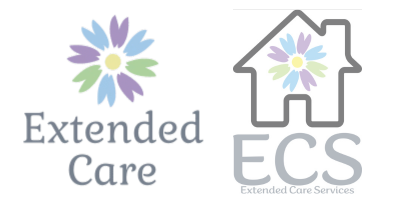When referring to people with disabilities, it’s essential to use the right terminology. The terms “disabled” and “disability” are often used interchangeably, but they have different connotations and can be perceived differently by people with disabilities. In this blog, we will explore the difference between these two terms and discuss which one is more appropriate to use when referring to people with disabilities.
Understanding Disability Terminology
Before we dive into the debate between “disabled” and “disability,” it is important to first understand some basic disability terminology. People with disabilities are individuals who have physical, cognitive, or sensory impairments that affect their daily activities. Disability is a term used to describe the condition of having an impairment. It’s a neutral term that does not carry any negative connotations.
Person-First Language
In recent years, there has been a shift towards using person-first language when referring to people with disabilities. Person-first language is a way of speaking and writing that emphasizes the person first rather than their disability. For example, instead of saying “disabled person,” you would say “person with a disability.” This language puts the person before their disability and recognizes them as an individual with unique abilities and strengths.
The Case for “Person with a Disability”
Advocates for person-first language argue that it is a more respectful and empowering way to refer to people with disabilities. By putting the person first, it acknowledges their humanity and recognizes that their disability is just one aspect of who they are. This language also helps to avoid defining someone solely by their disability, which can be stigmatizing and limiting.
Additionally, person-first language can help to change the way society views people with disabilities. By emphasizing their abilities and strengths, it can challenge negative stereotypes and promote inclusion and acceptance. It also acknowledges that people with disabilities have the same rights and opportunities as everyone else.
The Case for “Disabled”
On the other hand, some people with disabilities prefer to use the term “disabled” because they see it as a more accurate and straightforward way to describe their condition. They argue that person-first language can sometimes feel artificial or overly politically correct.
Using “disabled” acknowledges that the person has a disability but also recognizes that this does not define them completely. It also aligns with the social model of disability, which emphasizes that disability is not just an individual characteristic, but also a result of societal barriers and attitudes.
The Debate
Ultimately, the choice of language should be left up to the individual with a disability. While person-first language is generally preferred, it’s important to respect the preferences of the person you are referring to. The most important thing is to treat people with disabilities with respect and dignity, regardless of the terminology used.
It’s also crucial to consider the context when using disability terminology. For example, in a medical setting, the term “disability” may be used to describe a specific impairment or condition. In a social context, person-first language may be more appropriate as it emphasizes the person first rather than their disability.
Conclusion
As society continues to become more inclusive and accepting of people with disabilities, the language we use to refer to them will continue to evolve. By using respectful and inclusive language, we can promote disability acceptance and reduce stigma towards people with disabilities.
When it comes to caring for individuals with disabilities, it’s crucial to work with reputable agencies that prioritize the well-being and safety of their clients. Extended Care LLC is a Program Approved Service Agency that offers host home provider services to adults with disabilities. By offering a supportive and nurturing environment, we can help individuals with disabilities live fulfilling and independent lives. If you are looking for quality care for yourself or a loved one, consider partnering with Extended Care LLC.

